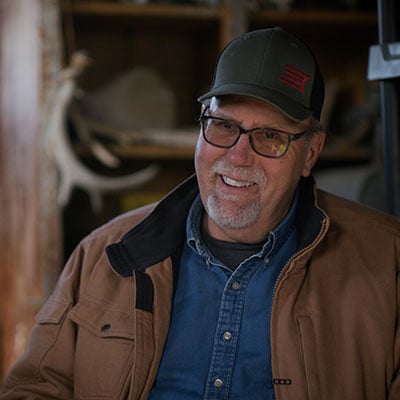- Savage Blog
- Getting Involved in Conservation: Building Your Skills
Getting Involved in Conservation: Building Your Skills
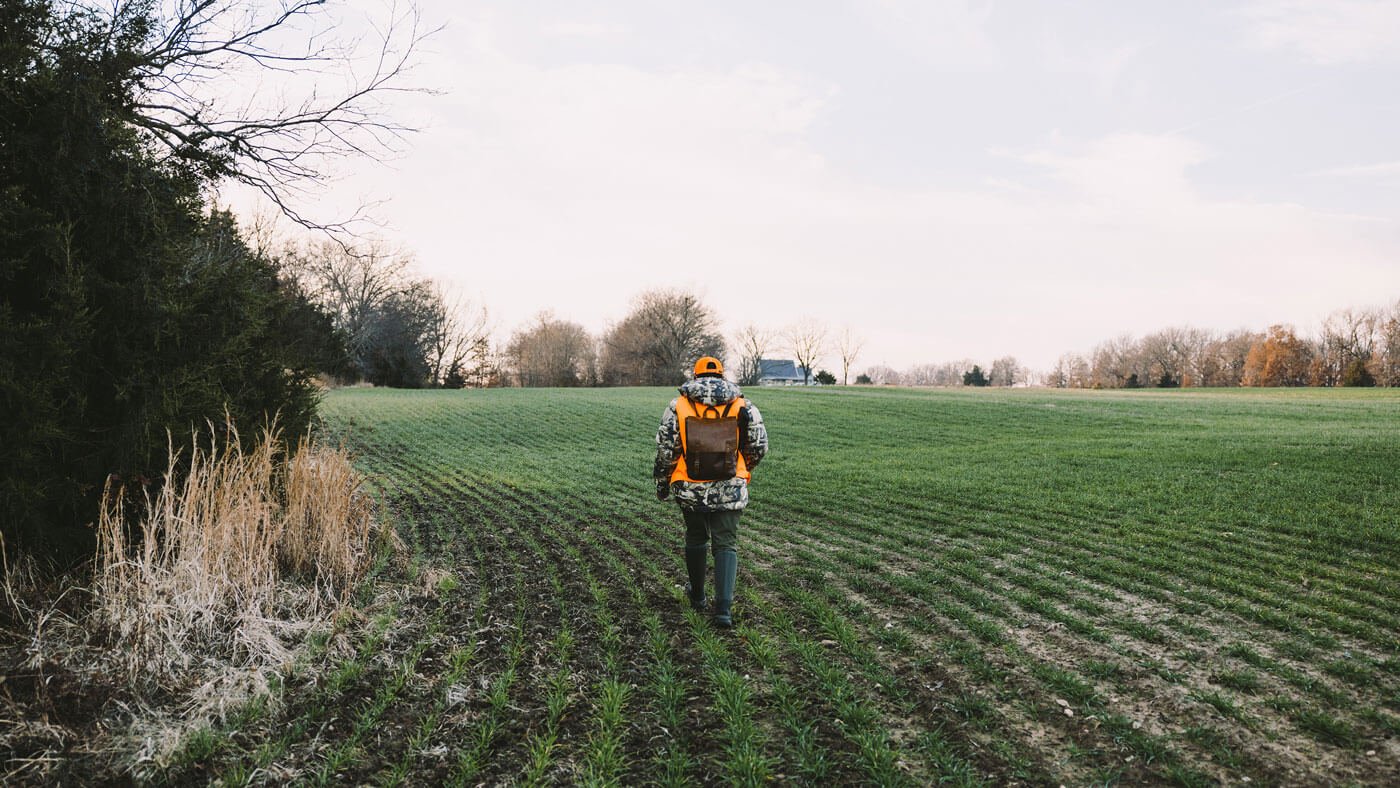
2024 is the 75th Anniversary of the publishing of A Sand County Almanac written by Aldo Leopold. This collection of essays serves as one of the cornerstones for modern conservation science, policy, and ethics. This is the second of three articles in the Savage's "Becoming a Conservationist" Serve the Land series exploring practical themes of modern day conservation, while celebrating Leopold and how we can implement his Land Ethic in our time.
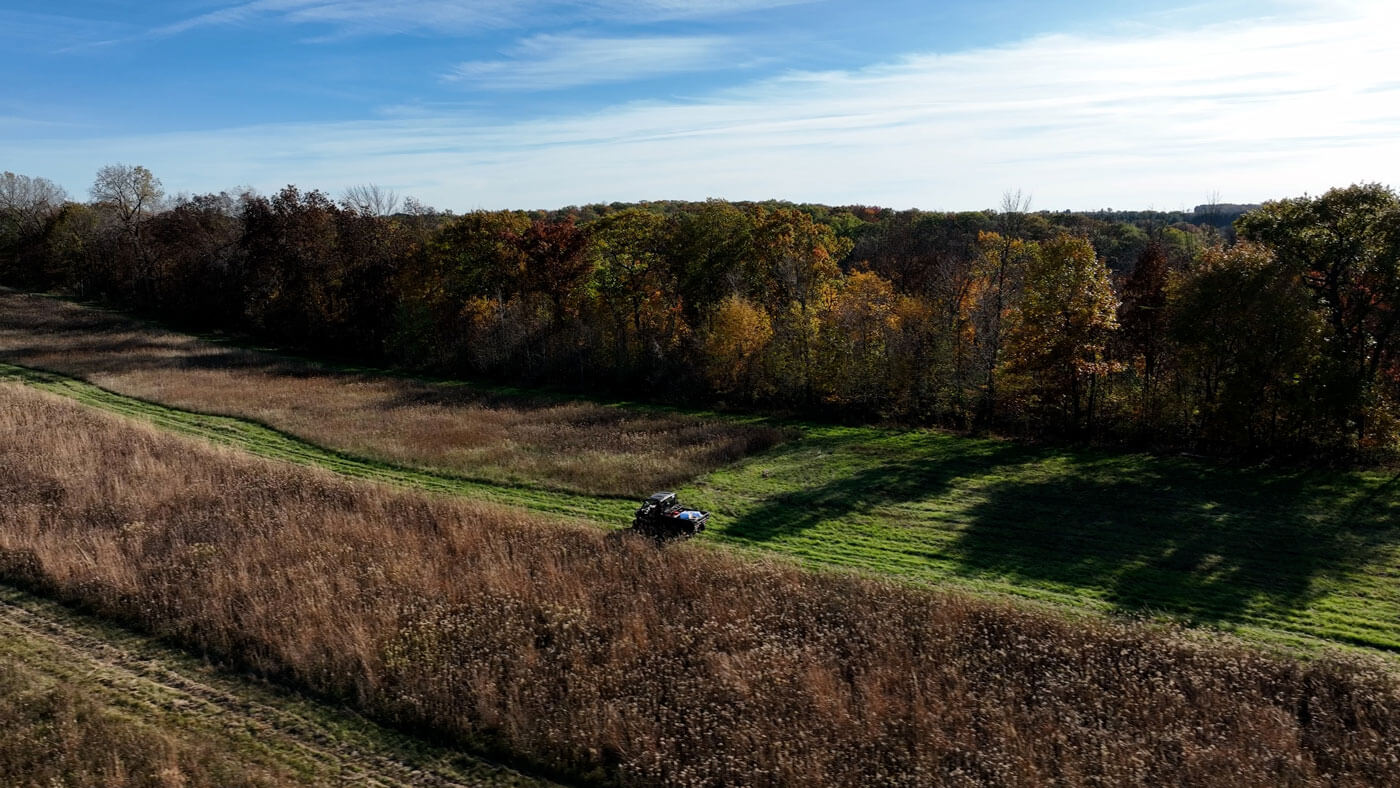
“Everybody worried about getting his share; nobody worried about doing his bit.”
“Conservation, viewed in its entirety, is the slow and laborious unfolding of a new relationship between people and land.”
“Conservation, therefore, is a positive exercise of skill and insight…”
“When enough… know this, we need fear no indifference to the welfare of bushes, or birds, or soil, or trees. We shall then have no need of the word conservation, for we shall have the thing itself.”
Aldo Leopold, 1939-1940
Aldo Leopold, the father of wildlife ecology and modern conservation, was a forester, observer, educator and ultimately a writer and philosopher. And all the while he experimented with and did the work of restoring land and habitat. He and his family took an active approach to conservation as they worked to bring back a run-down farm near Baraboo, Wisconsin. They learned to restore prairies, planted trees and experienced success and failures as they worked and learned. As we strive to “Serve the Land” we too can learn and contribute to improving habitat for the members of the ecological community. 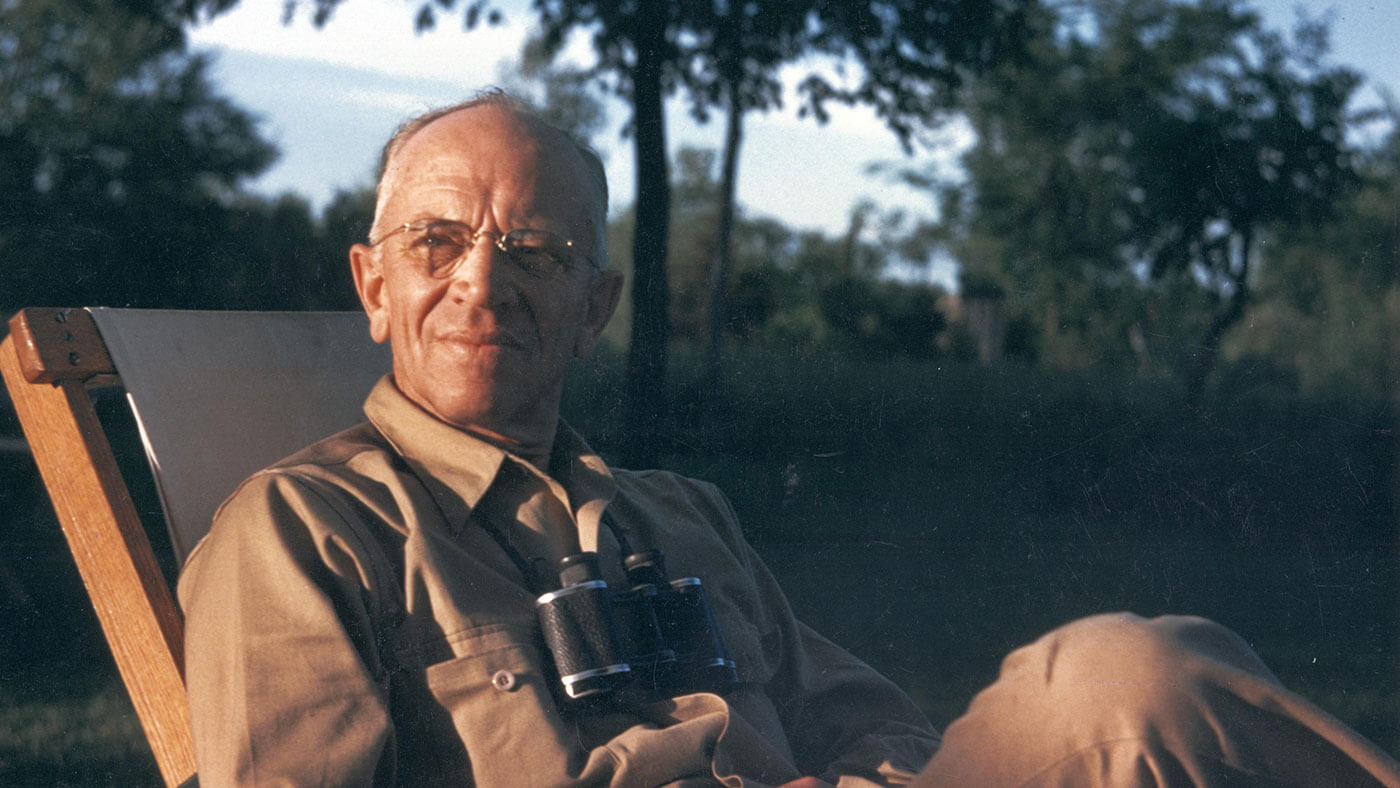
Learning and Developing Conservation Skills
People who hunt, fish and enjoy other forms of outdoor recreation as a hobby or avocation can enhance their experience by becoming more educated about, and working to improve, land and habitats. Contributing time and energy while developing hands-on skills and advocating for conservation all benefit the individual and the larger outdoor community. And it’s fun!
Opportunities abound for both budding and more experienced outdoors people to contribute to conservation, learn skills and meet like minded people. Here are a few:
Extension Offices: Every state in the U.S. has a local service called the Cooperative Extension Service. Extension services routinely put on community events, hold lectures and courses, and answer habitat, gardening and farming questions from locals. Many extension offices are also connected to state universities where publications about a plethora of subjects can be found.
State Forestry and Wildlife Departments: Check your state Natural Resources Departments to see what educational programs they offer for people interested in learning about conservation issues and practices.
Non-Governmental Organizations: NGOs are groups that function independently of any government with the objective of working to improve conditions and represent particular interests. They are typically non-profit entities and examples in the outdoor/conservation arena include Pheasants Forever, National Wild Turkey Federation, National Deer Association, Ducks Unlimited, The Nature Conservancy and the Aldo Leopold Foundation. If you have a particular conservation interest, there is likely an NGO that represents it.
These groups offer many different education and volunteer opportunities, where you along with folks with similar interests, can learn and contribute to projects and help with advocacy. Some NGOs offer classes to gain skills and certifications of different levels. Field Days, Learn to Hunts and Habitat Improvement Days are also excellent opportunities to expand your conservation horizons and contact circles. Many of these events are geared toward landowners, so they also provide an opportunity to get to know property owners and learn how they look at and steward their lands.
Attending open meetings and providing input to local and state game boards and commissions is another way to learn about wildlife and conservations issues that affect hunters, anglers and other outdoorspeople. Some states have “Conservation Day” at the state capitol, an organized show of support by the conservation community for legislation benefiting wildlife and habitat and making sure our voices are heard.
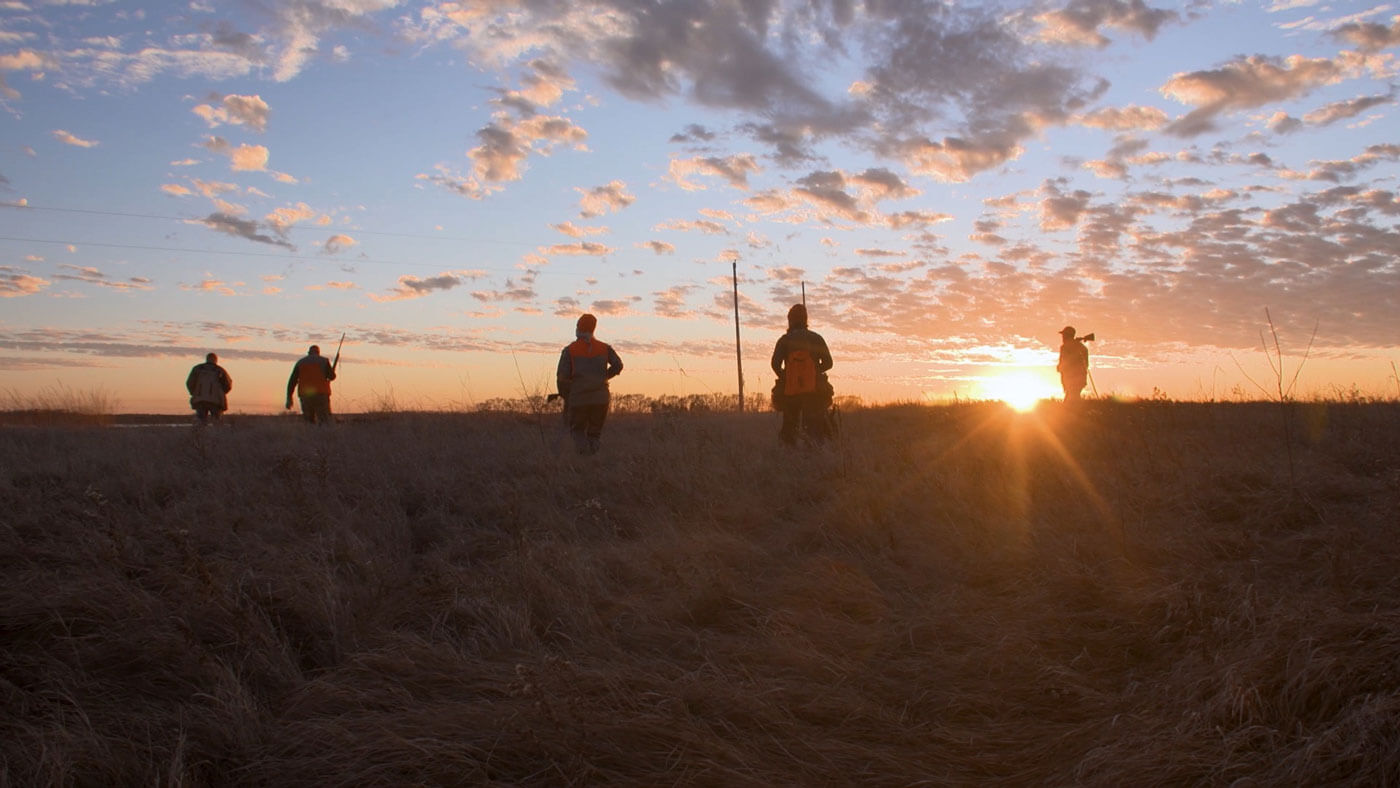
Building and Keeping a Conservation Resume
As you're acquiring skills and getting involved in conservation groups and projects, keep track of the events you’ve attended, skills you’ve acquired or already have and develop a Conservation Resume. A Conservation Resume is like a traditional resume but is specific to conservation and outdoor interests. Sharing the Land has developed a fillable form that you can use to build and add to your Conservation Resume. It’s free on the Sharing the Land website and you can print, edit and add to it as your resume grows. It’s a great way to keep track of your efforts and review and reflect on them.
Sharing the Land can also help connect you with Landowners interested in trading or rewarding work or contributions to conservation for access to their property.
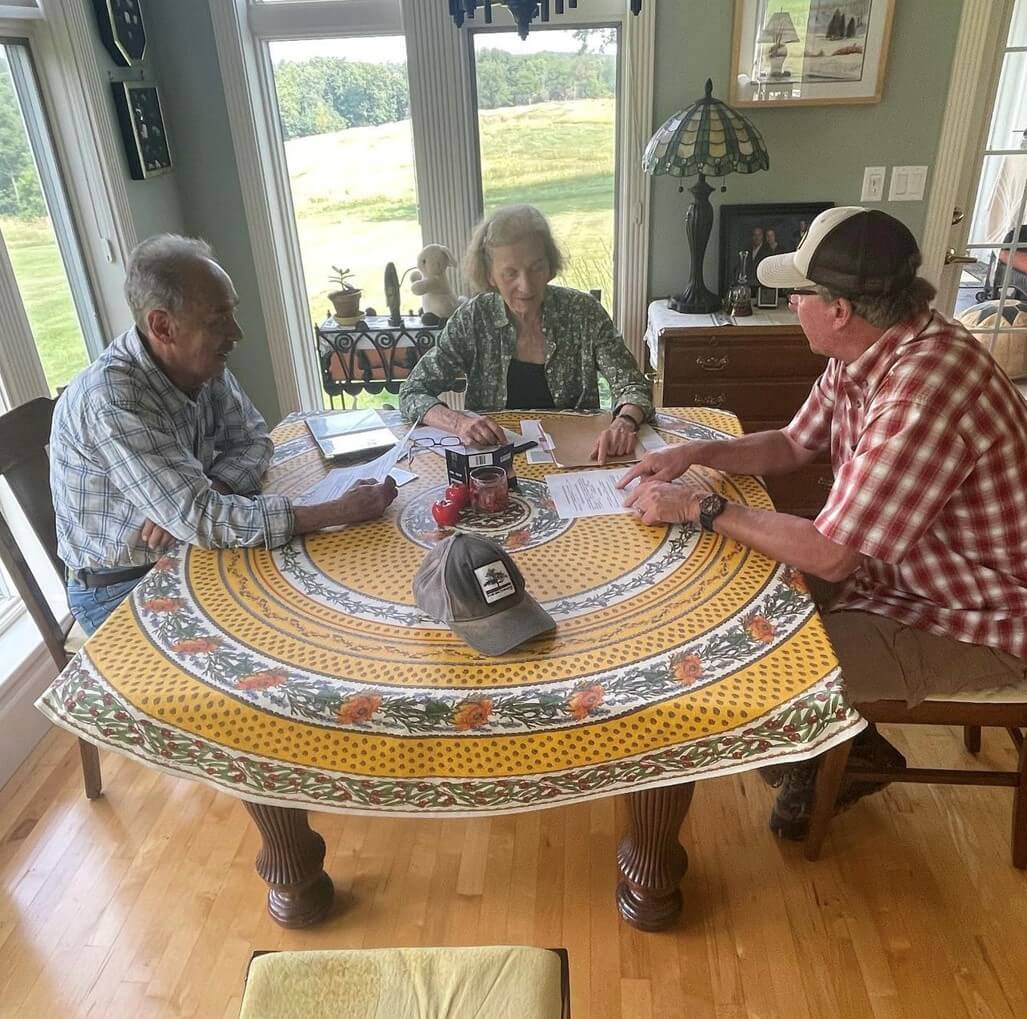
Outdoorspeople are active folks and getting involved in conservation efforts is a natural extension of hunting, fishing and other outdoor pursuits. Let’s work to build on Leopold’s ideas and deepen our own connection to the great outdoors!

